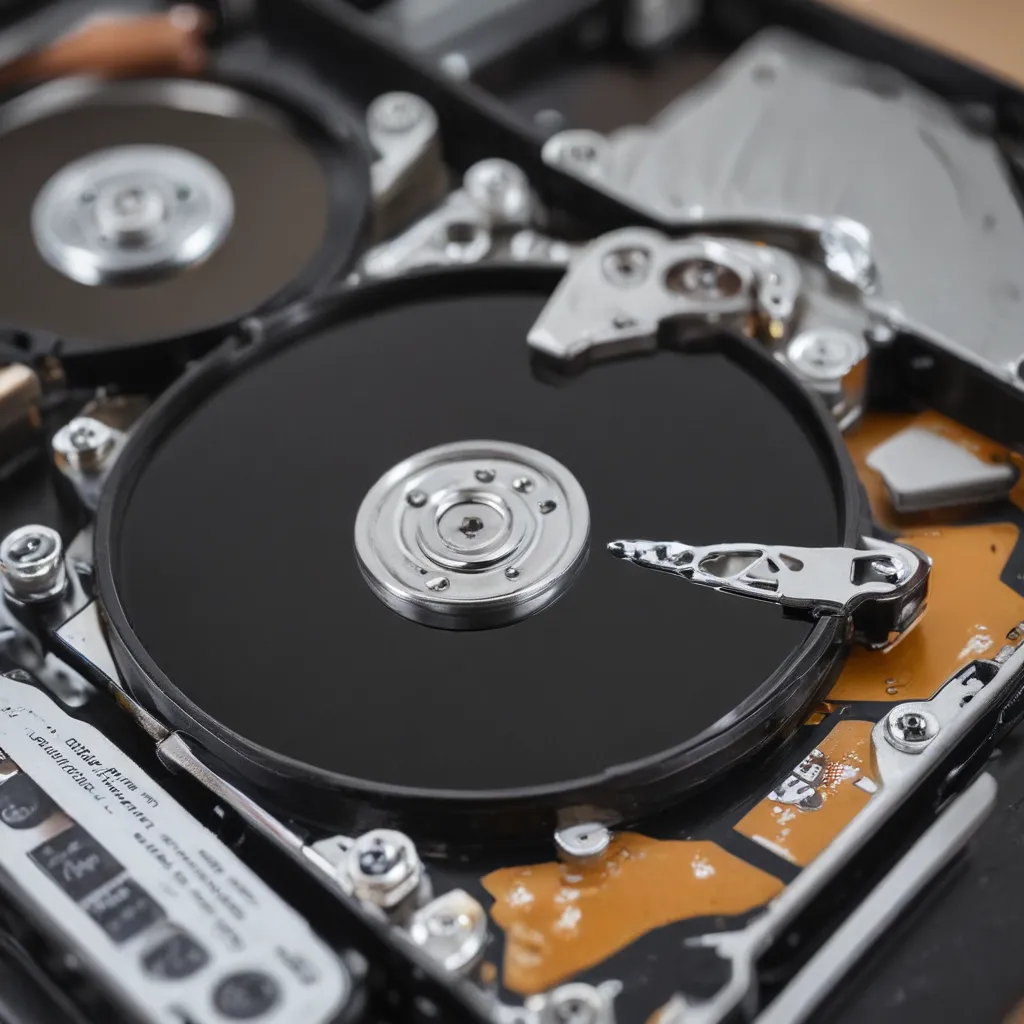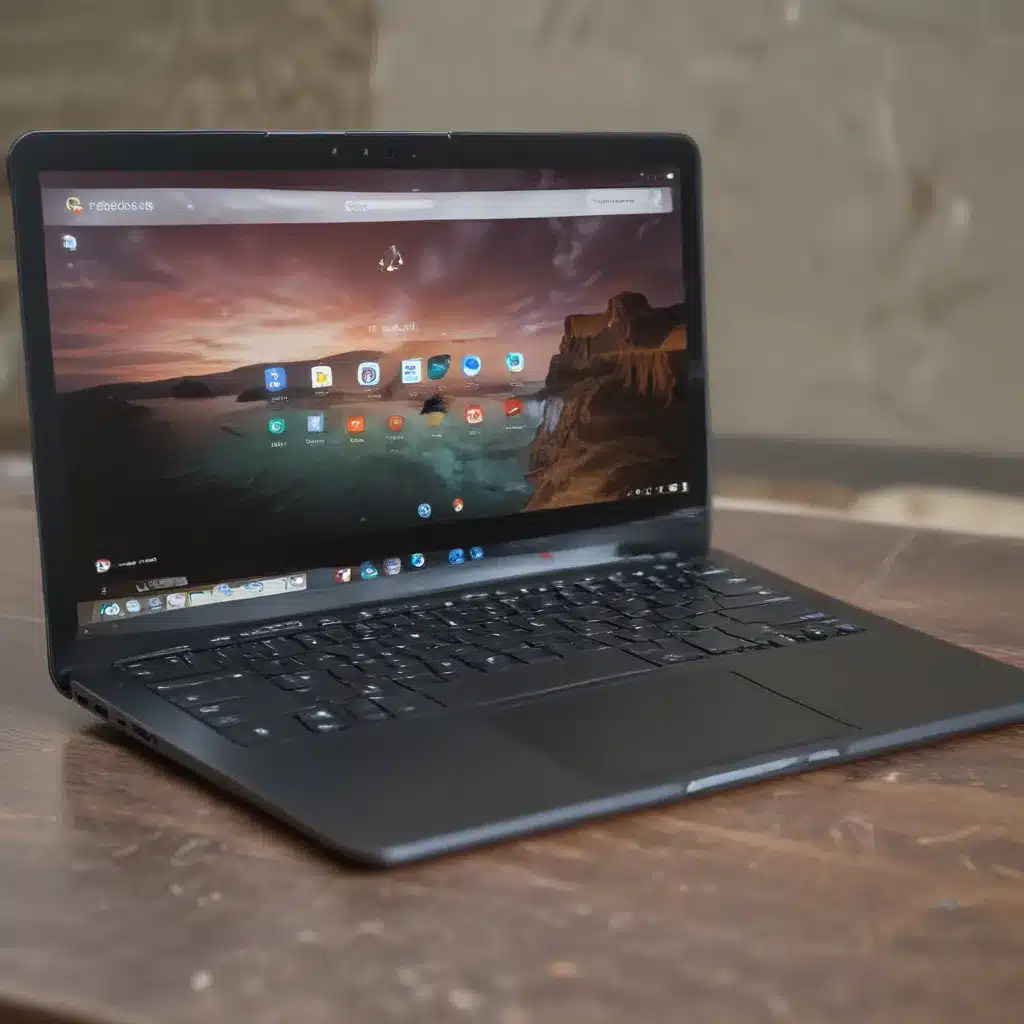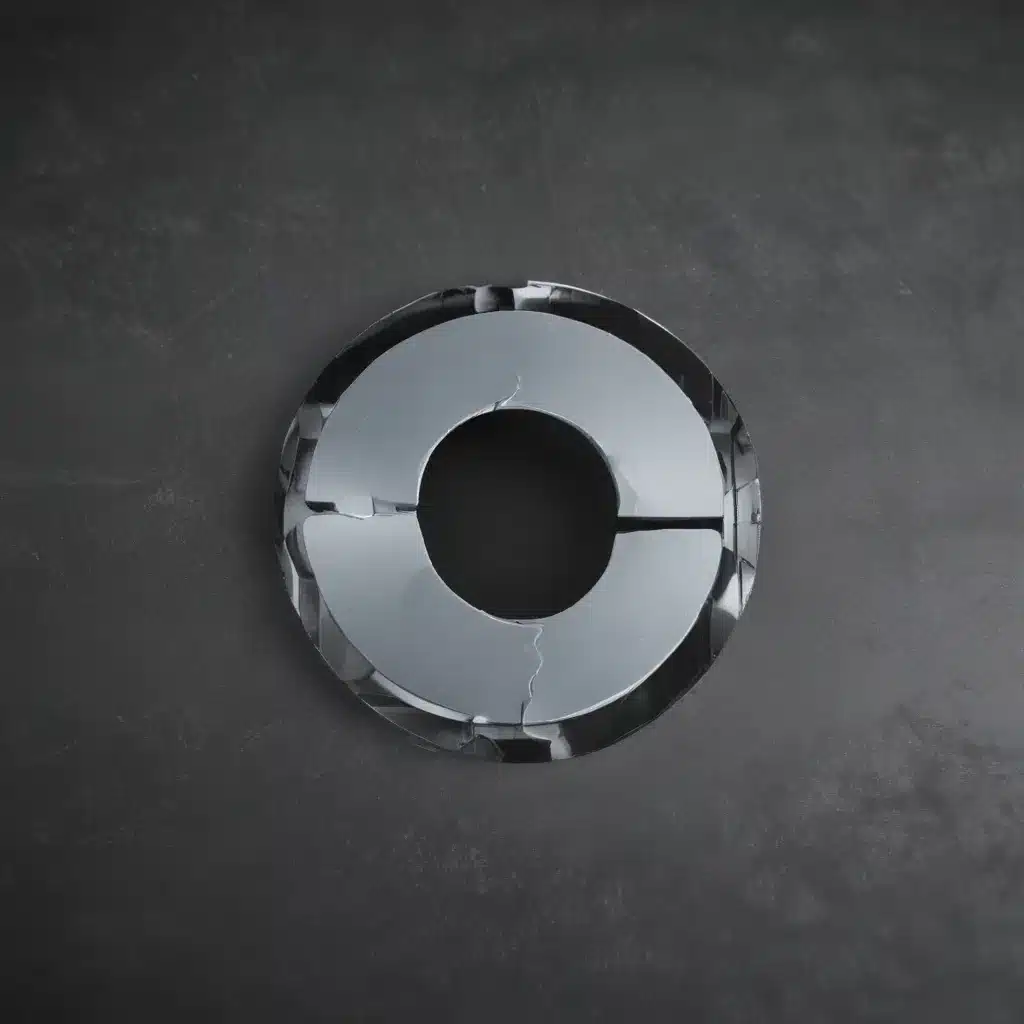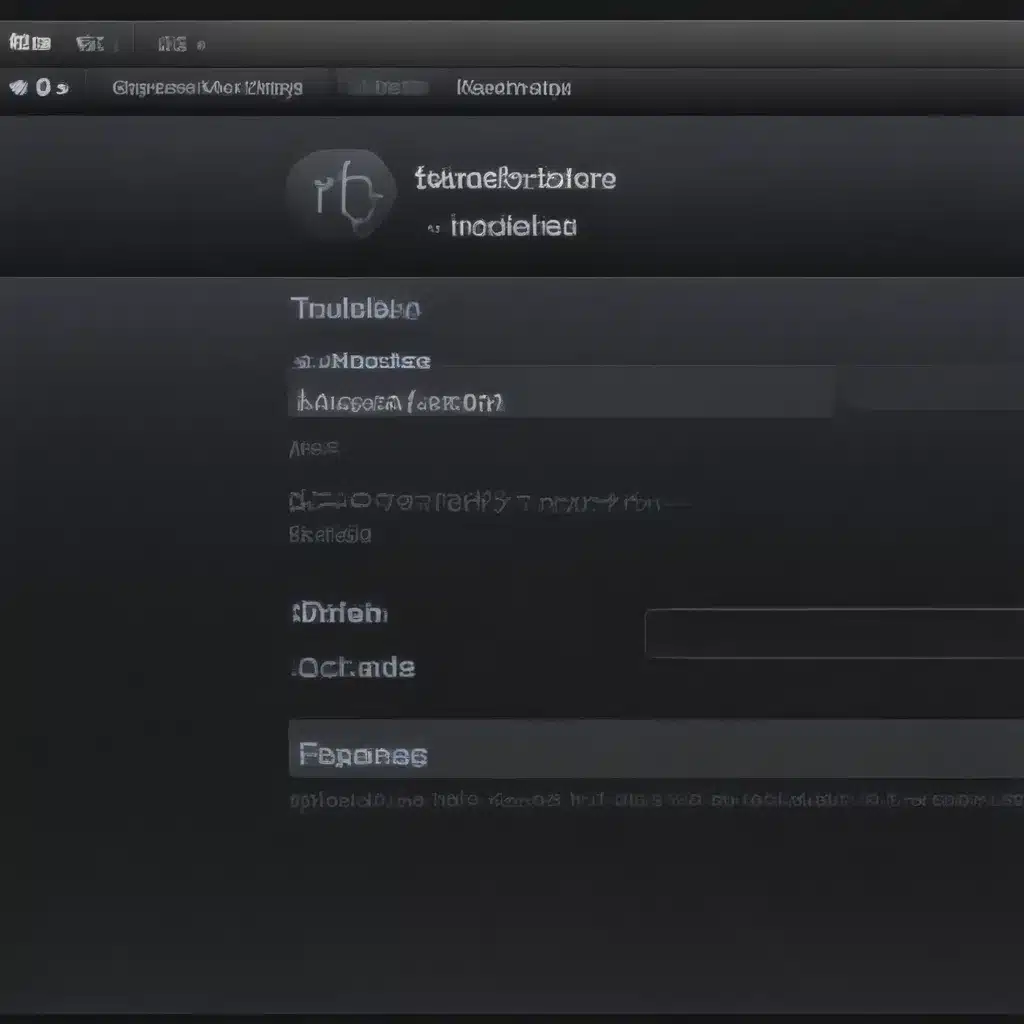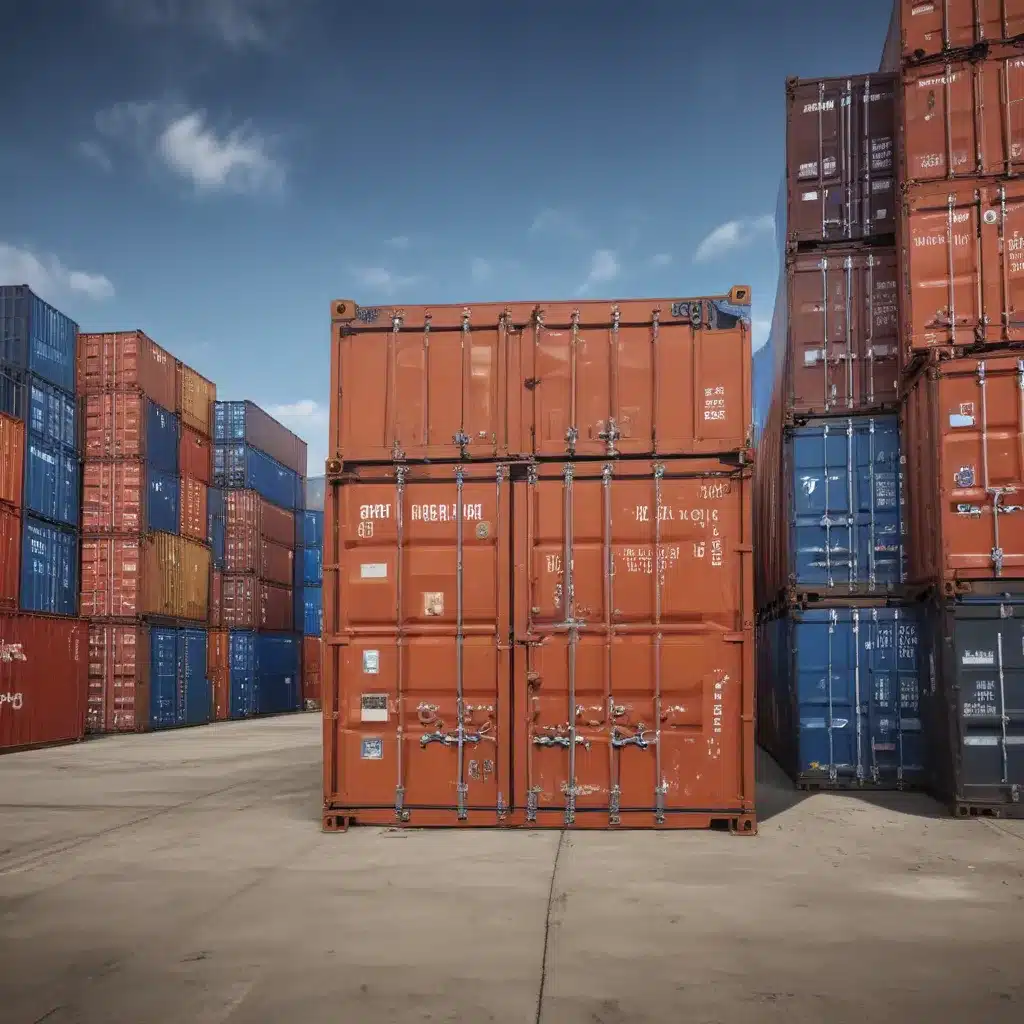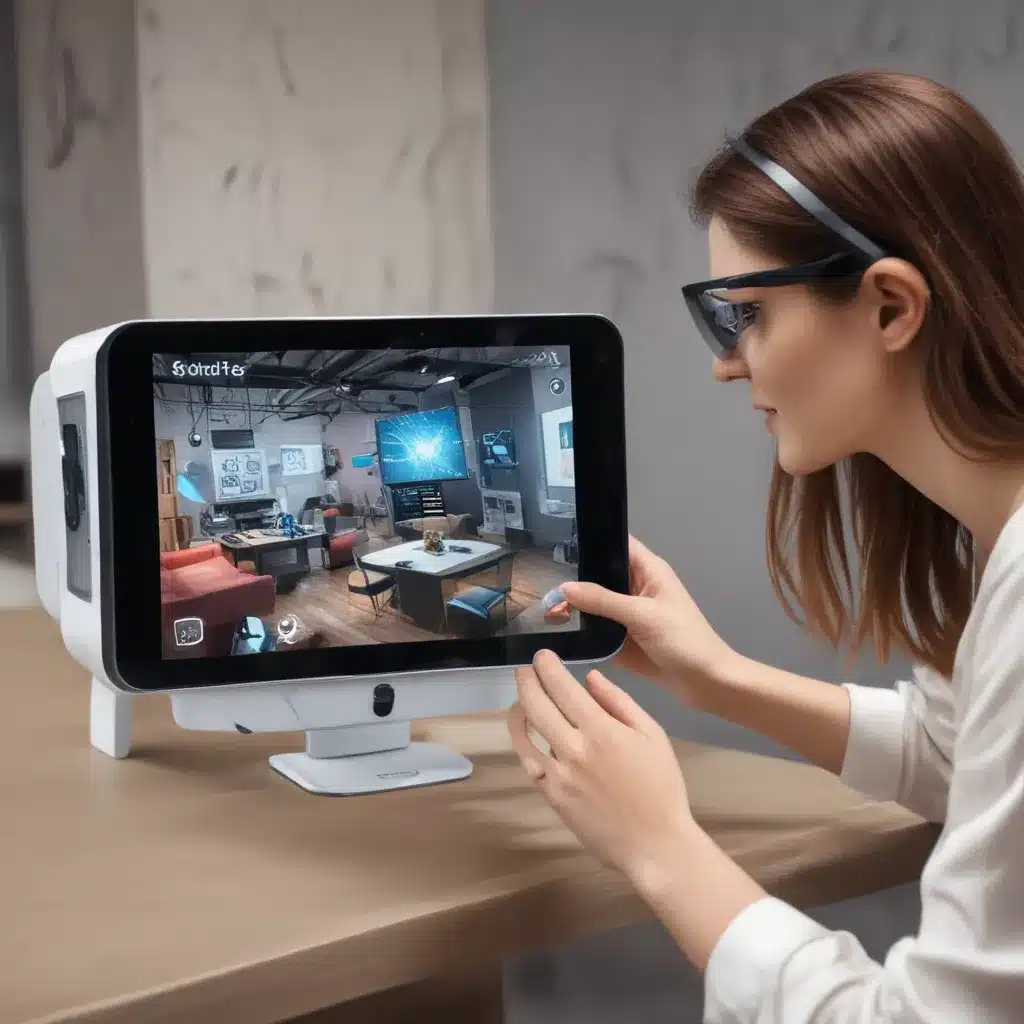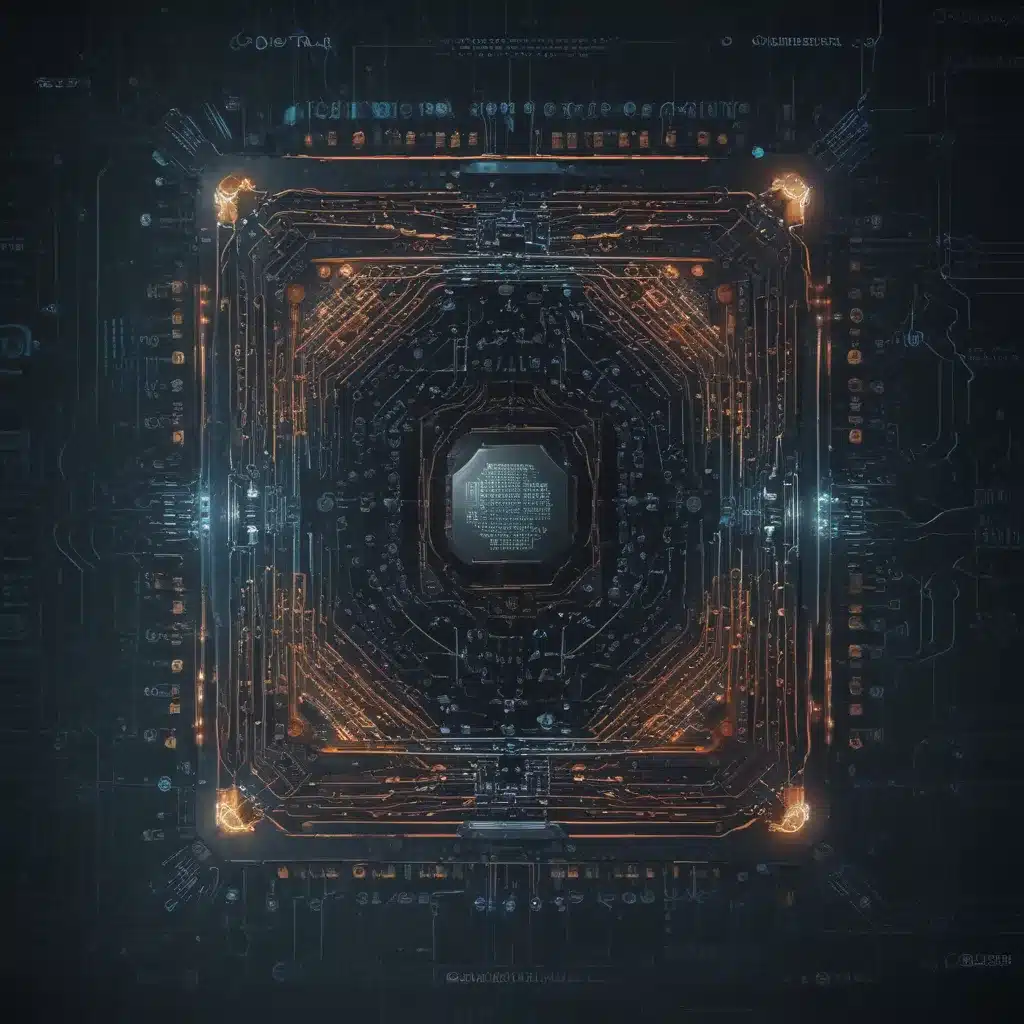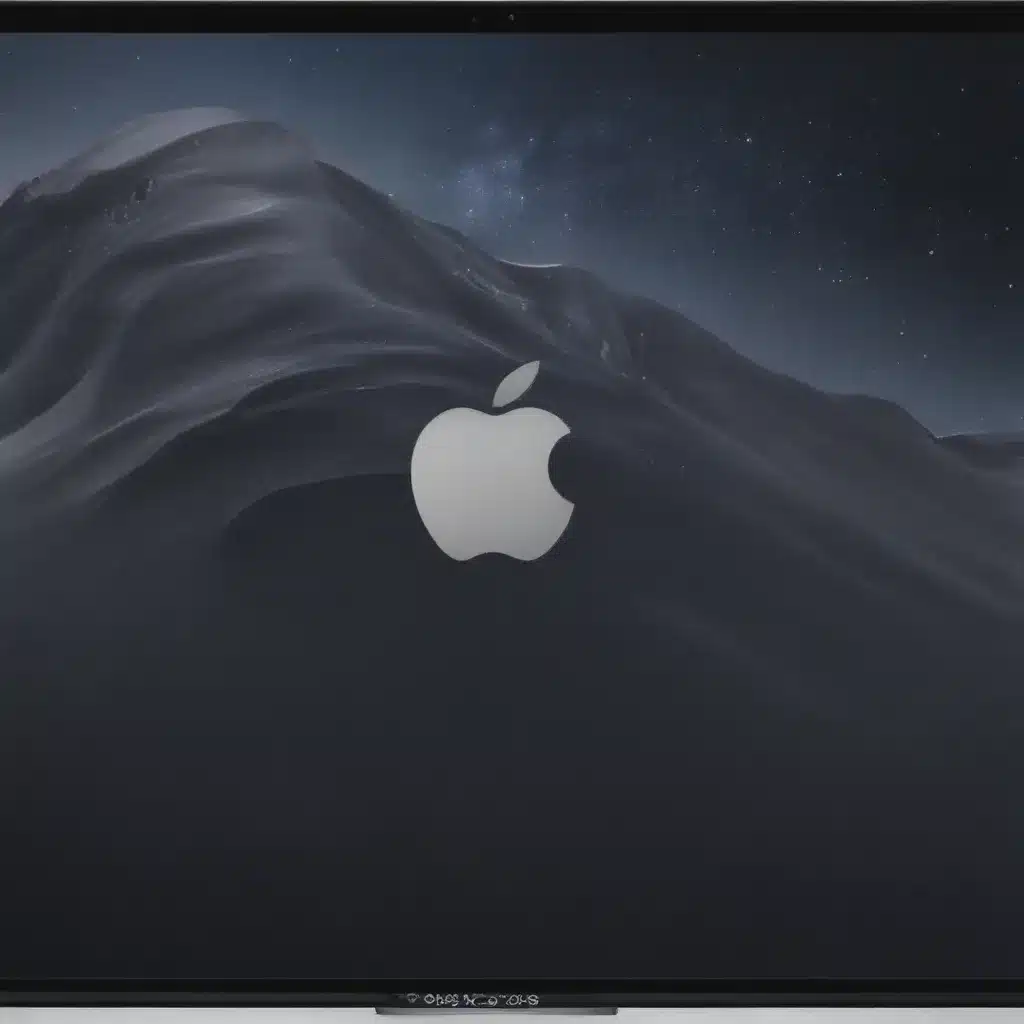A Ticking Time Bomb in Your Laptop
Remember when your old car used to make that concerning rattling noise, and deep down, you knew it was only a matter of time before things went south? Well, your computer’s hard drive is kind of like that – a ticking time bomb just waiting to explode (metaphorically, of course) and leave you stranded without access to all your precious data.
I’ve seen it happen more times than I can count. One day, your computer is humming along just fine, and the next, it’s acting like a cranky grandparent, refusing to cooperate and leaving you scrambling to figure out what’s wrong. The truth is, hard drive failure is a common issue, and the signs aren’t always as obvious as you might think.
That’s why, as a seasoned computer repair technician, I’m here to share the inside scoop on the warning signs that your hard drive is on its last legs. Trust me, it’s better to be proactive and catch these issues early before you end up in data disaster mode. So, let’s dive in and explore the telltale signs that your hard drive is about to take a permanent vacation.
Unusual Noises: The Hard Drive’s Version of a Dying Car Rattle
One of the most classic and obvious signs of a failing hard drive is when it starts making strange noises. [1] I’m talking about things like loud clicking, whirring, or even a screeching sound that makes you cringe every time you turn on your computer. These noises are usually a clear indication that something is wrong with the internal components of your hard drive, and it’s time to take action before it’s too late.
Think about it like this: your hard drive is essentially a tiny little mechanical marvel, with various moving parts that work together to store and retrieve your data. When those parts start to wear down or become damaged, they can’t help but make their presence known through some rather unpleasant sounds. [2] It’s like that creaky hinge on your front door – you can only ignore it for so long before it becomes unbearable.
Now, I know what you’re thinking: “But my computer’s been making that weird noise for weeks, and it’s still working fine!” Well, let me tell you, my friend, that’s a dangerous game of Russian roulette you’re playing. Those noises are a clear warning sign that your hard drive is in distress, and the longer you ignore them, the greater the risk of a complete and utter meltdown.
Slow as Molasses: When Your Hard Drive Drags Its Feet
Another telltale sign that your hard drive is on its last legs is when your computer starts to slow down to a crawl. [1] I’m talking about the kind of sluggishness that makes you want to pull your hair out, where even the simplest tasks, like opening a file or launching a program, seem to take an eternity.
Now, I know what you’re thinking: “But my computer’s always been a bit slow, and it’s not like it’s completely unusable or anything.” Well, let me tell you, my friend, that’s not a good enough excuse. [3] Slow performance is a clear indication that your hard drive is struggling to keep up with the demands of your system, and it’s only a matter of time before it throws in the towel completely.
Imagine trying to run a marathon with a pair of lead shoes on. That’s kind of what your hard drive is going through when it’s struggling to keep up with your computing needs. It’s working overtime, trying to keep up, but the strain is just too much, and it’s only a matter of time before it collapses under the pressure.
The Disappearing Act: When Your Files Go Missing
Have you ever had that sinking feeling when you go to open a file, only to find that it’s vanished into thin air? [1] Well, my friend, that could be a clear sign that your hard drive is on its last legs.
You see, when a hard drive starts to fail, it can often lead to data corruption, where files and folders start to disappear or become inaccessible. [2] It’s like a magician’s trick, but instead of rabbits and scarves, it’s your precious family photos and important documents that are vanishing into the ether.
Now, I know what you’re thinking: “But I’m sure I saved that file just yesterday!” Well, let me tell you, that’s the kind of naïve optimism that can lead to a data disaster of epic proportions. [4] When your hard drive starts to fail, it can happen quickly and without warning, and the next thing you know, all your important files are gone, like they never even existed.
The Blue Screen of Death: The Ultimate Hard Drive Betrayal
And let’s not forget the dreaded Blue Screen of Death – that terrifying moment when your computer decides to throw in the towel and display a cryptic error message that makes your heart sink. [1] Now, I know what you’re thinking: “But that can’t be a sign of a failing hard drive, right? That’s just a general Windows issue, isn’t it?”
Well, my friend, I hate to break it to you, but the Blue Screen of Death is often a clear indication that your hard drive is on its last legs. [3] You see, when a hard drive starts to fail, it can lead to all kinds of system crashes and errors, and the Blue Screen of Death is just one of the many ways your computer will try to warn you that something is seriously wrong.
Now, I know what you’re thinking: “But I’ve had the Blue Screen of Death before, and my computer was fine!” Well, let me tell you, that’s the kind of false sense of security that can lead to a data disaster of epic proportions. [5] When the Blue Screen of Death rears its ugly head, it’s a clear sign that you need to take action, pronto, to protect your data before it’s too late.
The Writing on the Wall: Heeding the Hard Drive’s Warning Signs
The truth is, your hard drive is like a ticking time bomb, just waiting to explode and leave you with a mountain of data to recover. [1] But the good news is, there are plenty of warning signs that you can watch out for, like strange noises, sluggish performance, missing files, and the dreaded Blue Screen of Death.
The key is to heed these warning signs and take action before it’s too late. [6] Don’t wait until your hard drive has completely given up the ghost and left you stranded without access to your data. Instead, be proactive and use tools like Hard Disk Sentinel [1] to monitor the health of your hard drive and catch any issues before they become a full-blown disaster.
Remember, your hard drive is the heart of your computer, and when it starts to fail, it can be a devastating blow to your digital life. [7] But with a little vigilance and some good old-fashioned computer know-how, you can stay one step ahead of the curve and keep your data safe and secure, even in the face of a hard drive disaster.
So, the next time you hear that strange clicking noise or your computer starts to slow down to a crawl, don’t ignore it. [6] Take it as a sign that it’s time to take action and protect your data before it’s too late. After all, your digital life is too important to leave to chance.
References
[1] Knowledge from https://hdsentinel.com/blog/signs-of-hard-drive-failure
[2] Knowledge from https://www.recordnations.com/articles/hard-drive-dying/
[3] Knowledge from https://www.avg.com/en/signal/hard-drive-failure-signs-and-test
[4] Knowledge from https://www.reddit.com/r/YouShouldKnow/comments/qhein4/ysk_your_hard_drivessd_can_predict_when_its_going/
[5] Knowledge from https://www.makeuseof.com/tag/5-signs-hard-drive-lifetime/
[6] Knowledge from https://www.gophermods.com/signs-your-computer-hard-drive-is-failing-and-if-you-need-a-replacement-and-what-to-do/
[7] Knowledge from https://www.quora.com/What-are-the-signs-that-a-hard-drive-is-failing-How-does-this-affect-a-computer-and-what-is-the-best-way-to-deal-with-it
[8] Knowledge from https://drivesaversdatarecovery.com/hard-drive-failure/

